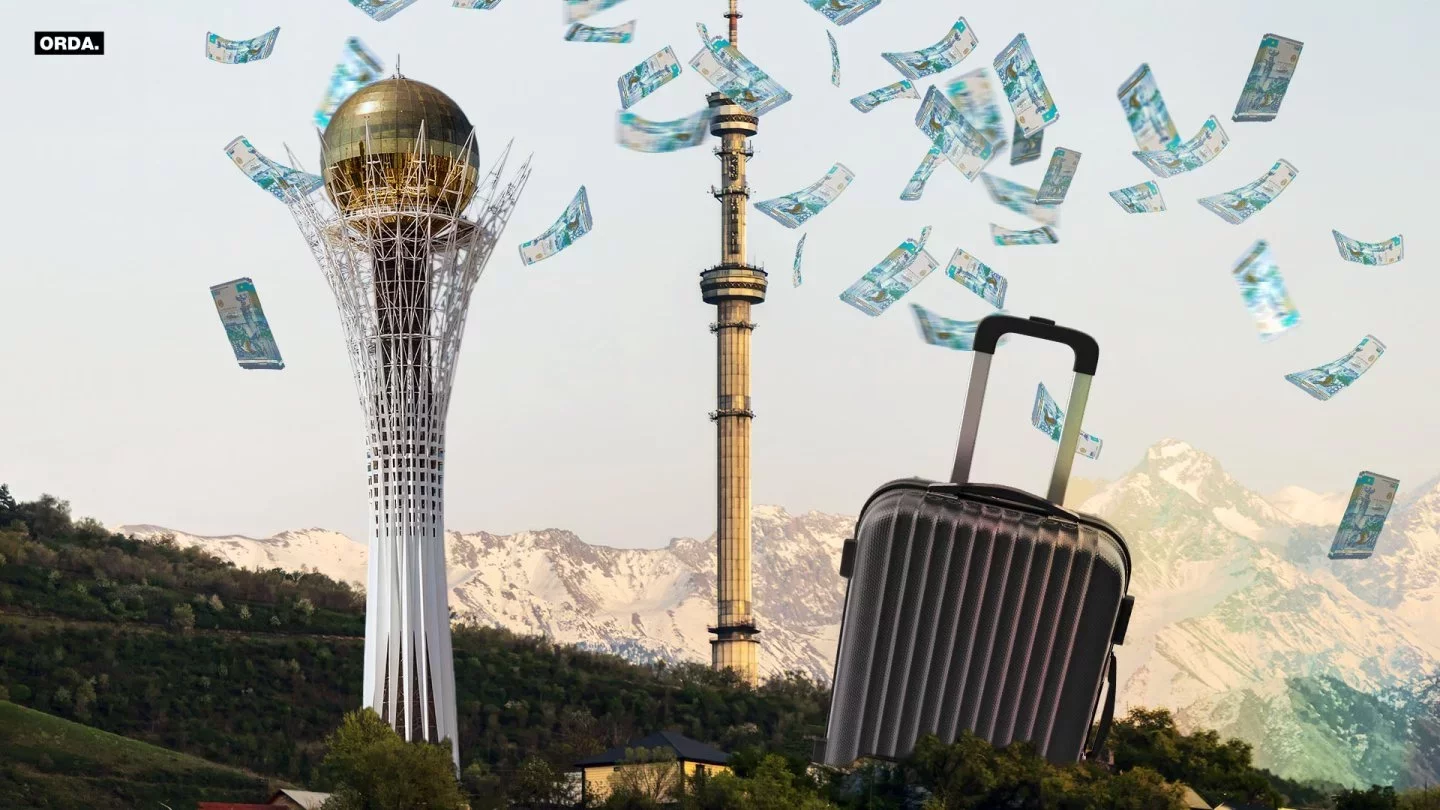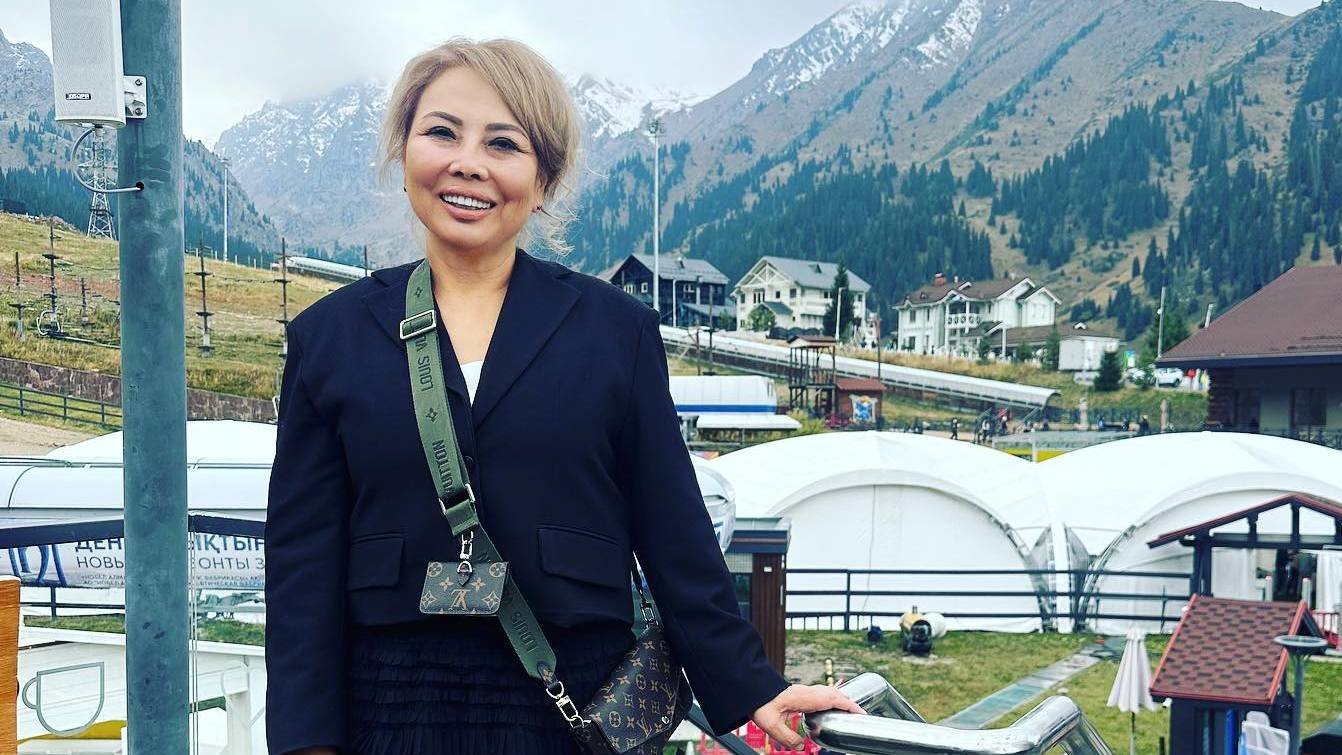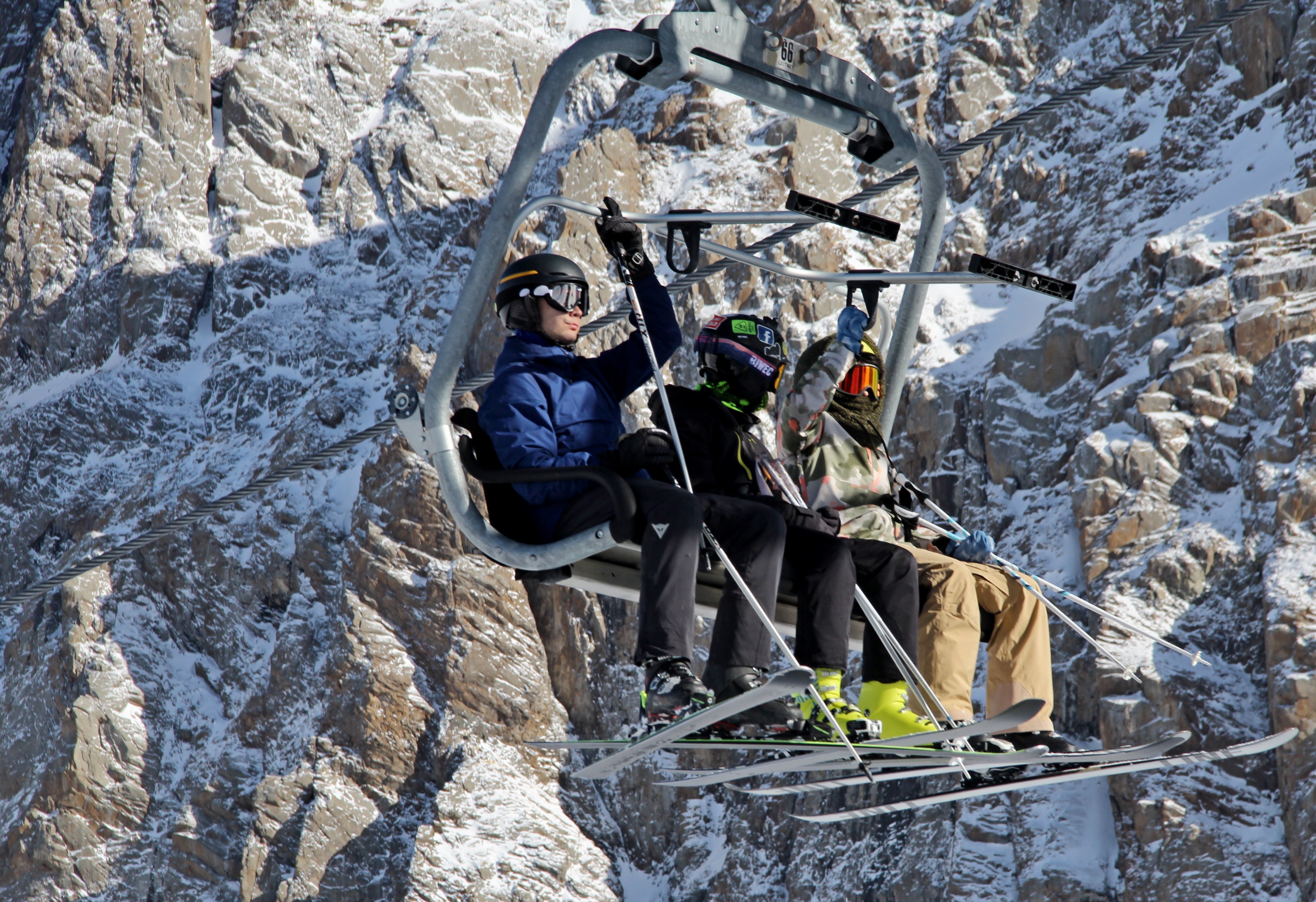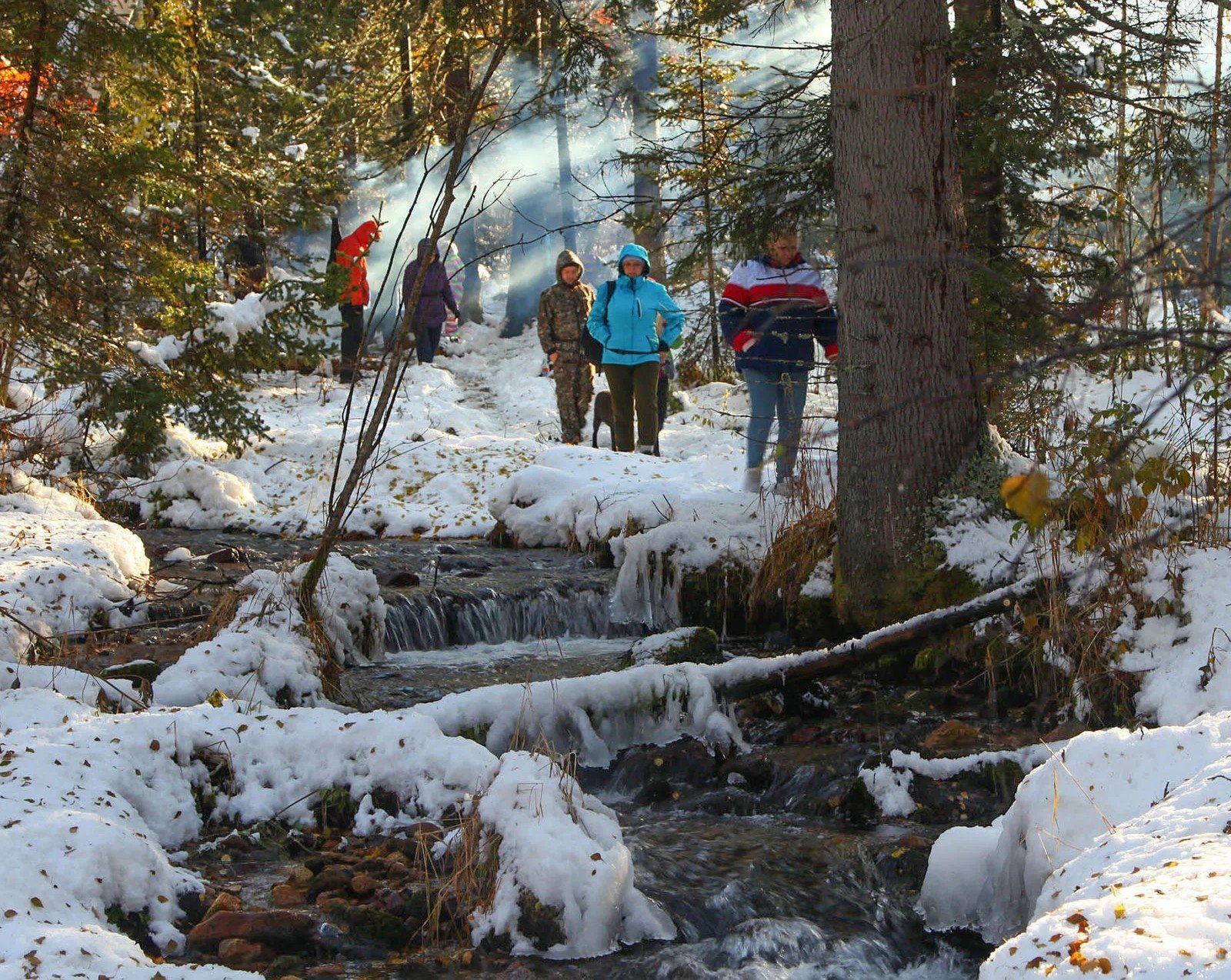Kazakhstan's Tourism: Orda Speaks with Local Operators about Issues

Getting foreign tourists to visit Kazakhstan is a topic that has been discussed previously. In 2022, support programs for domestic tour operators started operating. One is a subsidy for each foreigner: 15 thousand tenge per person. Theoretically, it is easily obtainable. However, in practice, many tour operators cannot receive the funds. Orda.kz has looked into the matter.
To receive a subsidy, tour operators must meet three requirements:
- Have the necessary package of documents approved by the Ministry of Tourism and Sports
- Foreigners must stay in the Republic of Kazakhstan for at least four days and three nights
- Tourists must be registered in the eQonaq system
Local tour operators say the last requirement frequently causes issues. Tourists are registered in eQonaq not by the tour operator but by the accommodation facility — that is, a hotel, guest house, etc. This requirement is mandatory because all foreigners staying in Kazakhstan for more than three days must be entered into eQonaq. But again, in practice, hotels very often fail to do so for various reasons.
Some simply ignore this requirement and do not register tourists with eQonaq. And at the same time, they do not bear any responsibility for this because no punishment is provided for accommodation facilities for such a violation, says Rysty Karabayeva, president of the Eurasian Tourism Association.

Meanwhile, the Center for Urban Tourism Development president, Aigerim Yesenaliyeva, says some accommodation facilities cannot enter their guests' information into the database.
Tourism in Kazakhstan is designed primarily for natural sites. For example, national parks. And tour operators place tour groups in small hotels or guest houses near these national parks. There may simply be no access to the Internet and, as a result, to eQonaq, says Aigerim Yesenaliyeva.
Aigerim Yesenaliyeva says, however, that even if data on tourists is submitted through eQonaq, the tour operator may still not receive the subsidy.
Suppose an operator brings in a group of 40 people, and when submitting information about them, a mistake is made in information about one. It would seem that for 39 people they should receive a subsidy. But no, the operator is denied payments for the entire group, although even in its name, it says “for every foreign tourist, says Yesenaliyeva.

At the same time, according to Aigerim, tour operators count on these subsidies when they bring foreigners to Kazakhstan. They can thereby compensate for marketing and advertising. Unfortunately, tour operators cross over into the red because they receive the subsidy post-fact.
Let’s take the same 40 people. The subsidy for them should be 600 thousand tenge. The amount is quite decent, considering that most Kazakhstani tour operators are small organizations. And even if there is an error in information about one of them, it should be minus 15 thousand tenge. But there should be no subtraction of the subsidy for the entire group, says Aigerim Yesenaliyeva.
Kazakhstan's bureaucracy also compounds the problems for tour operators. All reports to the Ministry of Tourism are still required in paper form or by e-mail, which sometimes malfunctions. If there is an error in the package of documents, operators can find out about it a month later. This is the response timeframe for government agencies stipulated in the legislation.
And while this correspondence is going on, the end of the year comes, and tour operators are told that the money allocated for subsidies has run out in the budget, says Aigerim Yesenalieva.
How much money is allocated for this support measure if it runs out?
Responding to Orda.kz's request, the official answer of the Ministry of Tourism states that 122.6 million tenge were allocated for it in 2023, while 54 million has been earmarked for 2024. In 2024, tour operators received subsidies for 8.17 thousand foreigners, whereas in 2024, it is planned for 3.6 thousand.
Meanwhile, official statistics indicate that in 2023, more than nine million tourists from other countries visited Kazakhstan. About 1.1 million stayed in hotels, and operators received less than 1% of this figure in subsidies.

The Ministry of Tourism informed us that most of the “payment for foreigners” applications were approved.
Last year, out of 78 applications received, 56 were approved, which is 71.8%, the rejection rate was 28.2%, The Ministry of Tourism said in its response.
According to Rysta Karabayeva and Aigerim Yesenaliyeva, major players in the tourism market receive these payments. Rysty and Aigerim note that these companies are often de jure Kazakhstani but have de facto foreign roots.
For example, such an operator has offices in Moscow and Astana. The Moscow office gathers a tour group of Russians and takes them to Kazakhstan. And it’s as if the Kazakh office is already providing services. Tourists check into a specific hotel and are registered in eQonaq. And the office in the Republic of Kazakhstan receives subsidies from the budget. But in fact, this is a foreign company, and it turns out that the support goes not to domestic but to foreign business,
says Rysty Karabayeva.
Karabayeva says this also applies to companies whose headquarters are located in other countries, i.g. Türkiye and China.

According to Rysty Karabayeva, application submission needs to be seriously changed so Kazakhstani tour operators receive support.
Firstly, we need digitalization. I'm not talking about eQonaq now. You can create a platform for tour operators, for example, based on e-Gov. Secondly, minimize the requirements for operators. Thirdly, all this should be transparent - with minimal participation of officials, Karabayeva believes.
Incidentally, Türkiye's measures to support tour operators are simpler. Subsidies are received based on the number of charter flights arriving from other countries, which should have 150 or more passengers. When Kazakhstani tour operators send our people to Türkiye, their colleagues from Antalya or Istanbul receive a subsidy for each plane from Almaty or Astana.
When a company with Turkish roots brings guests from Türkiye to Almaty or Astana, it also receives subsidies from the government of Kazakhstan.
Original Author: Igor Ulitin
DISCLAIMER: This is a translated piece. The text has been modified, the content is the same. Please refer to the original piece in Russian for accuracy.
Latest news
- Kazakh-Russian Border Sees Truck Congestion Amid Summer Traffic Surge
- Kyrgyzstan: Authorities Uncover Official Forgery at I. Arabaev University, Expel Dozens of Foreign Students
- Kazakhstan's Special Forces Join Multinational Anadolu-2025 Drills in Türkiye
- Relative of Former Akim Danial Akhmetov Temporarily Appointed to Head Kazakh Railways
- Audit Chamber Stands by Findings Amid Dispute with Health Ministry
- Authorities Detain Seven in Sputnik Azerbaijan Investigation
- Foreigners in Russia Facing SIM Card Blocking Over Biometrics Rules
- Petropavlovsk Blogger Sentenced to 3.5 Years for Ethnic Discord
- Toqayev Discusses Challenges and Priorities with SCO Secretary-General
- Kazakh Ambassador Confirms Attendance at Kadyrov Son’s Wedding
- Bektenov Criticizes Ministry of Water Resources Over Project Delays
- China Eastern Airlines Launches Direct Flight from Shanghai to Almaty
- Black Market for Water: Why Fields Lack Water in Kazakhstan — and Who’s to Blame
- Former Vice Minister of Labor Akmadi Sarbasov Detained
- Quest Pistols Concert in Astana Reportedly Cancelled
- Former Director and Accountant of Elite Astana School Accused of Embezzling Over 900 Million Tenge
- Explosion Hit Vilamoura Tanker: Energy Ministry Says Kazakh Oil Wasn’t On Board
- “Someone Who Was Rejected by Everyone — Except You”: The Lukas Shelter Rescues Forgotten Animals
- Wife of Convicted Police Chief Under Investigation
- Kazakhstan: Ten Regions Achieve Full Water Supply Coverage, Says Minister

